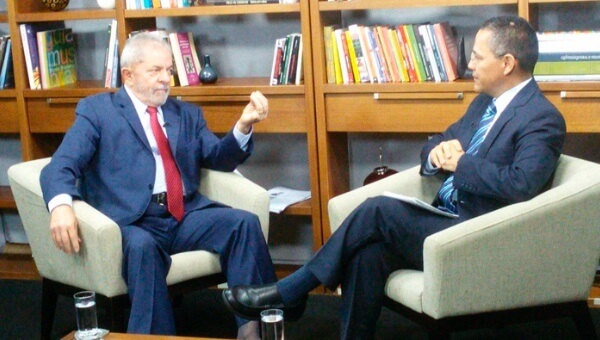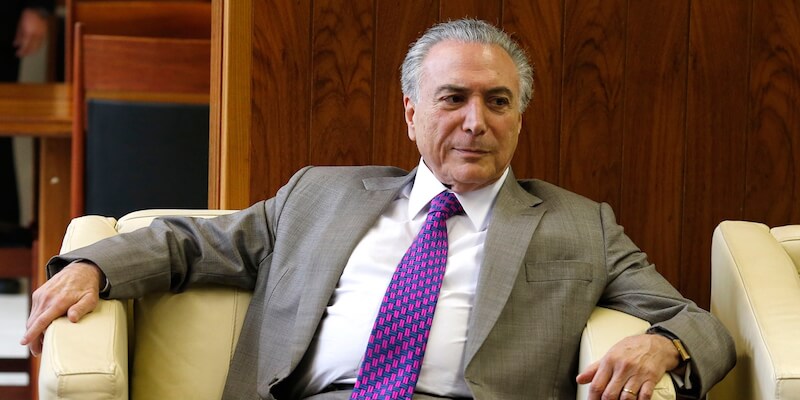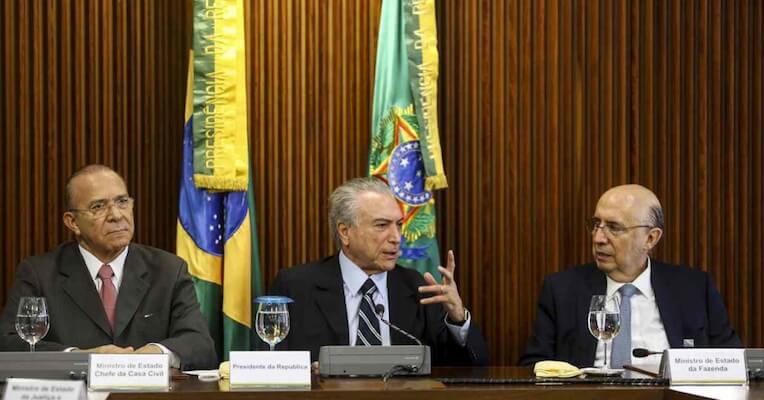Source Brasil de Fato / The Dawn News / September 21, 2017
Former president Luiz Inácio Lula da Silva leads the polls as the favorite candidate for the 2018 presidential elections. According to the survey published by the National Transport Confederation last Wednesday, Lula will win the elections against any potential rival in the first and second round.
Lula reaches the 32% of the vote intention in the first round. For the second round, the number goes up to 39,8% or 42,8%, depending on the rival.
The poll compared the vote intention between Lula, of the Workers’ Party (PT); Jair Bolsonaro, ultra-rightist candidate of the Christian Social Party (PSC); Joao Doria, Mayor of Sao Paulo for the Brazilian Social Democracy Party (PSDB); Marina Silva, from the Sustainability Network Party (REDE); and Geraldo Alckmin, Governor of Sao Paulo, also of the PSDB.
Lula leads in all the possible scenarios and represents 20,2% of the spontaneous vote intention, while Jair Bolsonaro represents 11%. The former President improved his performance in relation to the polls made in February this year. Since then, Lula’s performance grew by four percentage points.
The polls also indicated that the putschist president, Michel Temer, of the PMDB, has the worst personal and governmental approval rate since 1998, when this poll began to be made.
Temer is disapproved of by 8 out of 10 Brazilians: exactly 84,5% use negative adjectives to qualify his presidency. Temer’s government is considered “bad or terrible” by 7 out of 10 people. Only 3 out of 10 consider the current administration to be “good”.
The previous poll, made in February of this year, showed that six out of ten Brazilians rejected Temer’s government. He is the only president of Brazil to have been denounced twice by General Attorney’s Office of the Republic during the exercise of his term.
The survey was realized between the days 13 and 16 of September 2017, with two thousand voters involved. The margin of error is of 2.2% which translates into a confidence index of 95%.











